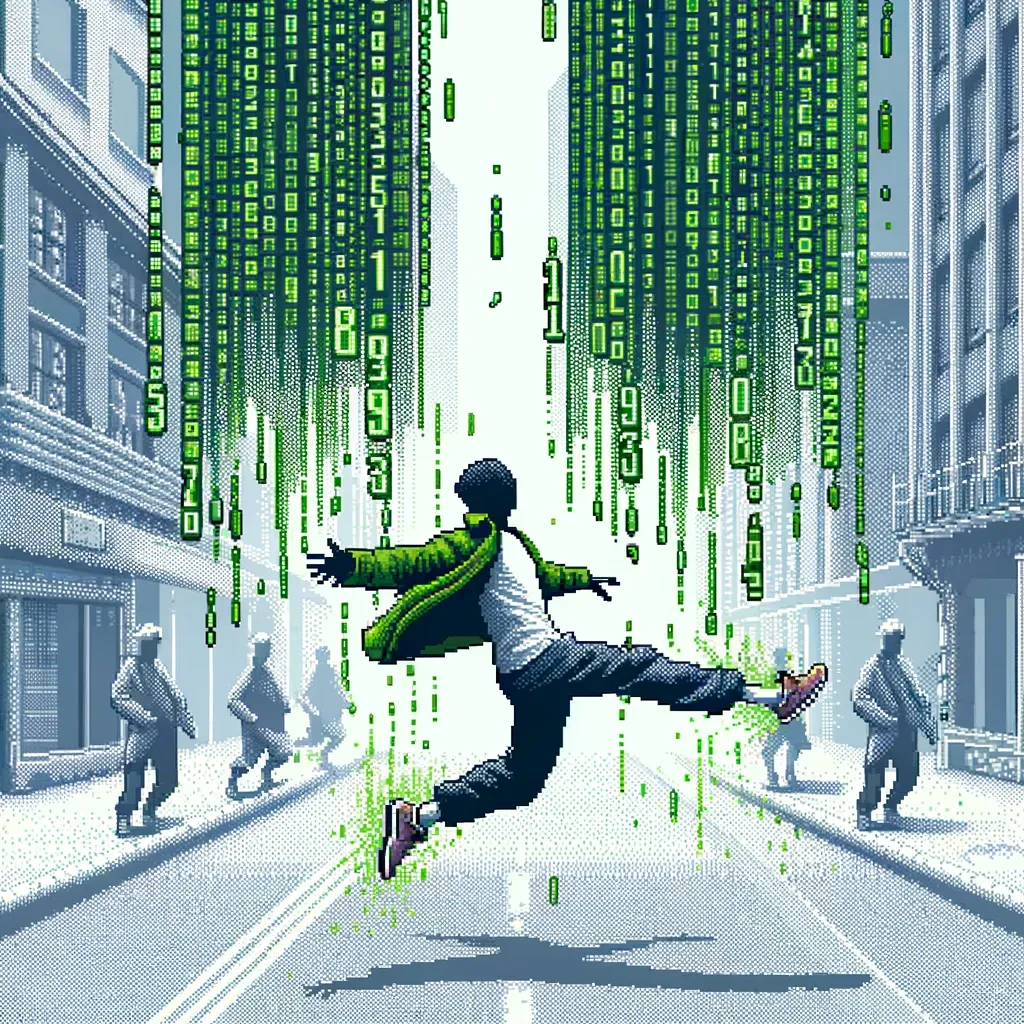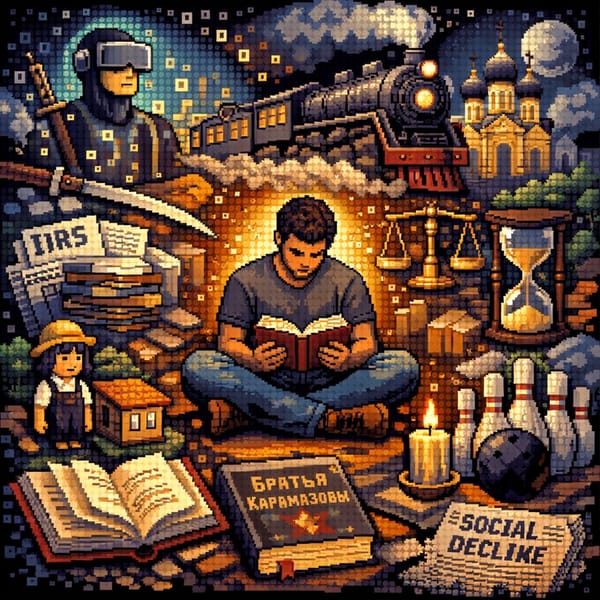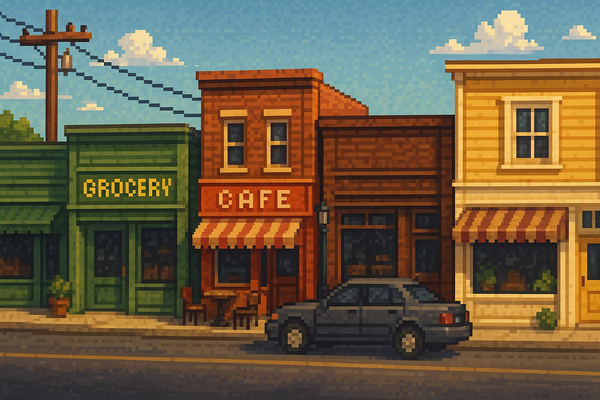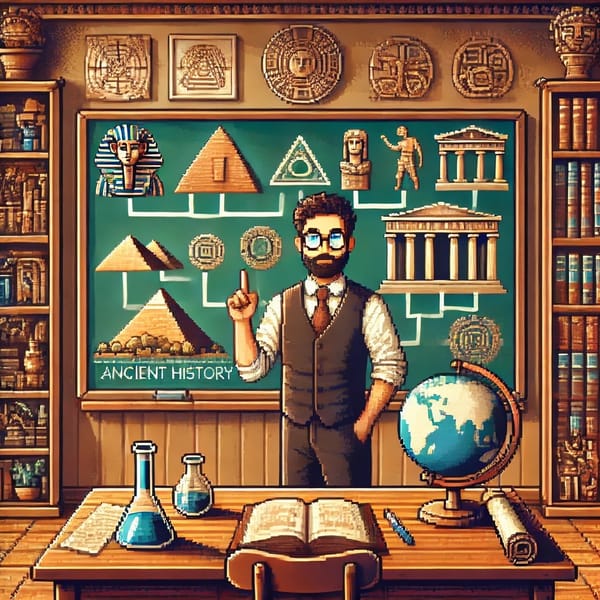Economic Sense vs. Human Sense

About two weeks ago, I thought it would be interesting to review the Daniel Thoughts I had posted so far to see if there were any common themes. The idea that humans are not machines occurred the most. This seems obvious and easy to believe in isolation, but I find it challenging to enact. I get too caught up on what's measurable at the expense of the intangibles.
The first time this idea hit home was in 11th-grade English class. We got to pick any non-fiction book we wanted to read, then choose a topic in the book and write a persuasive essay. I read Freakonomics by Steven Levitt and Stephen Dubner. For those who haven't read it, the book is about an economist and a journalist reviewing counterintuitive economic problems (I will provide an example momentarily). This is one of the first things that interested me in learning because it showed that the world had nuance. If it had all been black and white, like many schools unintentionally teach, that would have been rather boring.
Since then, I have been fascinated by the nuances of people's behavior and psychology and how they appear. This is likely why humanity has been the most common thread. I want to explore a few examples of human sense that counter economic sense.
After writing Freakonomics, Levitt and Dubner started a companion blog called Freakonomics.com to keep engaging with readers and building on their ideas. They maintained an engaged reader base, and several readers recommended that they turn their blog posts into a book. To them, this seemed ridiculous. Why would anyone pay for content that they could get free online? It just isn’t that difficult. One day, though, Dubner was dropping his kids off at summer camp and drove by a Poland Springs water bottling plant, and it hit him. People are willing to pay for convenience. This was their first example in When to Rob a Bank, the very compilation of blog posts they were considering.
At other times, though, we don't want things to be convenient. We want an experience or a connection. Within the past couple of years, the government of the Netherlands has taken more of an interest in reducing loneliness. One grocery chain responded by creating a checkout lane that was intentionally slow. This allows the person checking the shopper out to chat with them, figure out how their day is going, and build a small connection. The people who use this lane aren’t there to purchase groceries. They are there to be part of the community.
Another excellent example of "human sense" brought to my attention by the book Nudge is the way we pay taxes. Before our current tax situation, where our taxes are withheld from each paycheck, we used to pay them in a lump sum at the end of the year. In 1967, Ronald Reagan was governor of California, and he tried to stop state taxes from being withheld from paychecks. He believed "Taxes should hurt."
I don't know about you, but I can give you a ballpark value of how much I paid in taxes last year, but not an exact number. If I had to pay my taxes in full with a one-time check, I would remember exactly how much I paid, be more curious about where they are going, and be much more attuned to when taxes go up. In both scenarios, the same amount of money is being given from me to the government, but one is far more salient than the other. It isn't about the money. It is about how the action makes us feel. One is out of sight and out of mind. The other makes you feel the total dollar value of taxes as they leave your account.
A last example is one of our society’s more significant design problems. Recently, I read Let My People Go Surfing[1], a memoir and philosophy of Patagonia written by their founder, Yvon Chouinard. One thing that stuck out to me was his dedication to repairability—making things that could be easily fixed instead of needing to be replaced. Patagonia makes a durable good, so they are only as valuable theoretically as the next sale, not the last one. Still, Yvon recognizes how important it is to keep items in use for the environment and is willing to sacrifice.
Most companies do the opposite. Planned obsolescence, in many ways, has become the norm. Lots of laptops or pieces of technology don't last more than a few years, and I suspect we will see cars live significantly shorter lifespans now that they are decked out in the latest tech. One company that is trying to combat this is called Framework. They make laptops with interchangeable components to prevent them from quickly becoming obsolete. You can replace piece by piece as you need to instead of replacing the same thing.
This sounds like a great idea. It is better for the environment to keep pieces that can function in use as long as possible, and it is better for the consumer to pay for minor upgrades instead of an entirely new device. The company has gained some traction in technical communities, but I wouldn’t buy one personally because I want a seamless experience. Companies like Apple are not in the software or hardware business. They are in the experience business. People don't buy these products entirely "rationally". They do it based on a visceral experience[2].
The experience of a good deal or the latest fashion is too good to pass up for some people too. Shein, a fashion retailer, sells such low-quality clothing that it could be single-use. However, people who shop at Shein are more likely to make claims about sustainability as it relates to their identity compared to those who don’t. How can we make environmentally sound decisions that are more viscerally appealing to people?
We can’t just apply economic models and expect humans to adapt. We must design products and experiences that cater to the complexities and nuances of human nature.
I will leave you with this story from Kurt Vonnegut in response to his wife questioning why he would ever choose to leave the house to purchase an envelope:
Oh, she says well, you're not a poor man. You know, why don't you go online and buy a hundred envelopes and put them in the closet? And so I pretend not to hear her. And go out to get an envelope because I'm going to have a hell of a good time in the process of buying one envelope.
I meet a lot of people. And, see some great looking babes. And a fire engine goes by. And I give them the thumbs up. And, and ask a woman what kind of dog that is. And, and I don't know...
And, of course, the computers will do us out of that. And, what the computer people don't realize, or they don't care, is we're dancing animals. You know, we love to move around. And, we're not supposed to dance at all anymore.
How would the world look different if we treated people like they danced rather than optimized?
- It was gifted to me by a friend of the show, Blake Casagranda. Thank you!
- There is a fair counter to this point: the United States might be unique in its desire for unified experiences. Other countries primarily operate on Android, which is objectively more clunky but more customizable. I would love to understand the cultural difference that drives this behavior if anyone has a good perspective or knows someone who might. Amjad Masad, the founder of Replit, even blames Steve Jobs for "black-pilling" us into a worse world where people don't understand technology. They just expect it to work.



